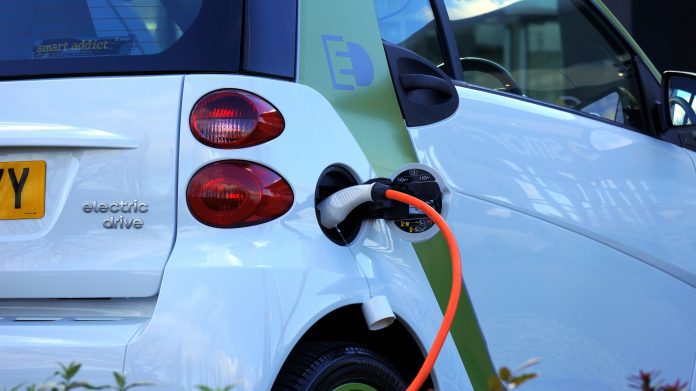Although they have been available for more than a century, the impact of electric vehicles only recently began to gain appeal among consumers. Environmentalists and those who can afford these automobiles are switching to electric mobility as their designs and manufacture grow more effective.
The public’s perception of the need for alternative energy-based transportation has changed. Although the switch to electric vehicles was originally seen as far off and implausible by many.
The automobile sector will undoubtedly go through some significant changes as more consumers make investments in electric vehicles.
The Origin
The modern electric vehicle movement has been growing quickly, often exceeding the infrastructure that is currently in place. EVs are disrupting the entire automotive manufacturing sector, but the automotive workforce is likely to face considerable challenges and adjustments.
In 1890, William Morrison, a chemist, created the first effective electric car, a six-passenger vehicle with a top speed of 14 mph. Despite being a simple concept by today’s standards, it raised awareness of electric vehicles across the country.
A third of all vehicles on the road in 1900 in New York were electric cars, which had a fleet of 60 electric taxis. Up until Ford’s Model hit the market, both Henry Ford and Thomas Edison thought electric vehicles were the superior technology.
Between the 1970s and 1990s, the impact of electric cars increased for largely the same reasons that they are now. Such as rising petrol prices, a desire to avoid reliance on foreign oil, and escalating environmental concerns.
Energy.gov also states that if all light-duty vehicles in the United States switched to hybrid or plug-in electric models utilizing current technology, we could lessen our reliance on foreign oil by 30 to 60 percent and cut carbon pollution from the transport industry by as much as 20 percent.
Ecological Effects Of Electric Vehicles
According to a report by the Intergovernmental Panel on Climate Change of the United Nations, there is not much time left for humanity to stop contributing to global warming. We are certain to experience the major effects of climate change, including a catastrophic rise in sea level, food shortages, and widespread drought and wildfires unless emissions are reduced by at least 45 percent over the next ten years.
If we don’t make the required changes to prevent an environmental catastrophe in our world, these risks will become urgent. The beginning of these impacts is now close enough to warrant serious consideration. Before it’s too late, environmentalists are pleading for reforms in global policy.
The Impact
Automotive businesses have made investments to promote the wider use of alternative energy for cars due to the urgency of environmental challenges. The driving range was cited as a concern for buying an electric vehicle by 68 percent of Americans in 2017. Although that percentage fell to 58 percent in 2018.
The percentage of Americans eager to invest in electric vehicles has increased as the number of people who have worries about them has decreased. In 2018, 20% of Americans said their next automobile will be an electric vehicle, up from 15% in 2017. The impact of electric vehicles is very significant on the auto industry.
How Will Automotive Workers Be Affected By Electric Vehicles?
One of the most frequently brought up counterarguments in discussions about EVs and modernization is the possible harm to blue-collar automotive workers. And the growth of the EV industry will indeed result in a sharp decline in the number of manufacturing jobs available in the automotive industry.
This is primarily because electric automobiles have no engines and fewer moving parts. Highly automated assembly of the necessary parts requires less maintenance and spare parts.
Not all workers will be adversely affected, including those in manufacturing. EVs have a more straightforward design and more adaptable platforms, which means less engineering, product development, and purchasing are essential.
Additionally, since EVs don’t require frequent maintenance or oil changes, there will be less of a market for them. The impact of electric vehicles would result in less business for auto dealers and body shops. Suppliers and related industries will have a significant impact by the transition as well.
Is There An Opportunity?
The outcome may appear very gloomy for people who work in the automotive business. Yet, there is the promise of new, better occupations that could fill in some of the voids created. The manufacturing of batteries, electric motors, electronics, heating systems, braking systems, and semiconductors may result in the demand for new labor forces.
Hundreds of thousands of employees will have support due to the production of numerous parts and materials. Including glass, steel, tires, seats, and aluminum.























